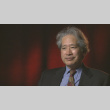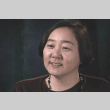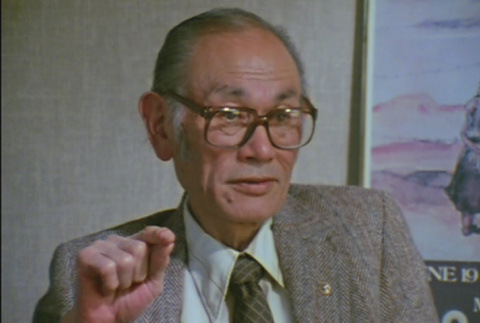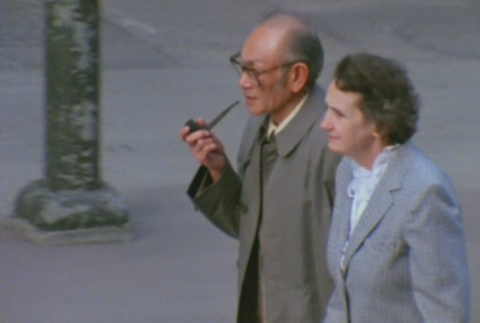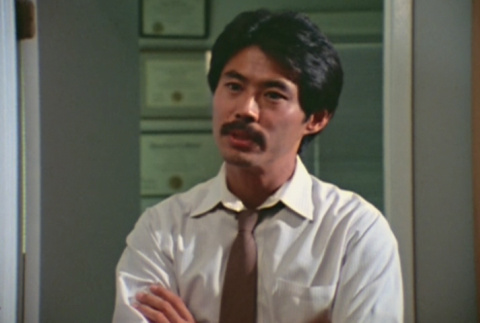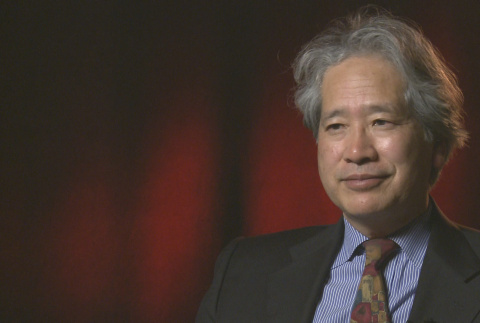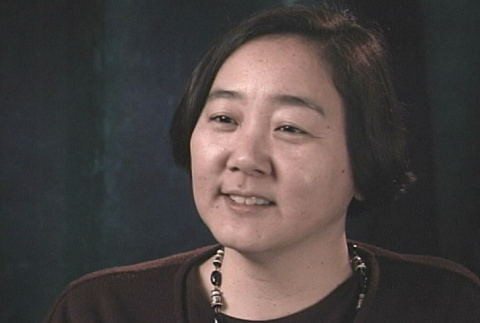Fred Korematsu
Fred Korematsu was a welder who lost his job after the attack on Pearl Harbor when the Boilermakers Union expelled all Japanese American members. Korematsu decided to resist the mass removal orders, and planned to leave the state. On May 30, 1942, Korematsu was arrested for violating the exclusion order after failing to report to Tanforan Assembly Center. When Korematsu was contacted by an ACLU lawyer looking for a test case, he decided to fight the evacuation order. Korematsu lost his Supreme Court case in 1944. In the early 1980s, his case was reopened after the discovery of a crucial document indicating that in the original 1944 case, the federal government had lied to the high court. The conviction was vacated by U.S. District Judge Marilyn Hall Patel in 1983.
World War II
(231)
Resistance and dissidence
(84)
Supreme Court cases
(16)
Fred Korematsu
(77)
Related articles from the
Densho Encyclopedia :
Ernest Besig,
Final Report, Japanese Evacuation from the West Coast, 1942 (book),
Korematsu v. United States,
Fred Korematsu,
Edward L. Parsons,
Marilyn Hall Patel,
A.L. Wirin
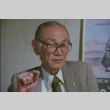
This interview is audio-only. It contains raw footage used by Steven Okazaki in his 1985 film Unfinished Business.
This material is based upon work assisted by a grant from the Department of the Interior, National Park Service. Any opinions, finding, and conclusions or recommendations expressed in …

This interview is audio-only. It contains raw footage used by Steven Okazaki in his 1985 film Unfinished Business.
This material is based upon work assisted by a grant from the Department of the Interior, National Park Service. Any opinions, finding, …

This interview is audio-only. It contains raw footage used by Steven Okazaki in his 1985 film Unfinished Business.
This material is based upon work assisted by a grant from the Department of the Interior, National Park Service. Any opinions, finding, and conclusions or recommendations expressed in this material …

This interview is audio-only. It contains raw footage used by Steven Okazaki in his 1985 film Unfinished Business.
This material is based upon work assisted by a grant from the Department of the Interior, National Park Service. Any opinions, finding, and conclusions or recommendations expressed …
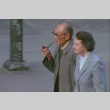
This interview is audio-only. It contains raw footage used by Steven Okazaki in his 1985 film Unfinished Business.
This material is based upon work assisted by a grant from the Department of the Interior, National Park Service. Any opinions, finding, and conclusions or recommendations …
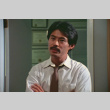
This interview is audio-only. It contains raw footage used by Steven Okazaki in his 1985 film Unfinished Business.
This material is based upon work assisted by a grant from the Department of the Interior, National Park Service. Any opinions, finding, and conclusions or recommendations expressed in this …

This interview is audio-only. It contains raw footage used by Steven Okazaki in his 1985 film Unfinished Business.
This material is based upon work assisted by a grant from the Department of the Interior, National Park Service. Any opinions, finding, and conclusions or recommendations expressed …

This interview is audio-only. It contains raw footage used by Steven Okazaki in his 1985 film Unfinished Business.
This material is based upon work assisted by a grant from the Department of the Interior, National Park Service. Any opinions, finding, and conclusions or recommendations expressed in …

This interview is audio-only. It contains raw footage used by Steven Okazaki in his 1985 film Unfinished Business.
This material is based upon work assisted by a grant from the Department of the Interior, National Park Service. Any opinions, finding, and conclusions or recommendations expressed …
